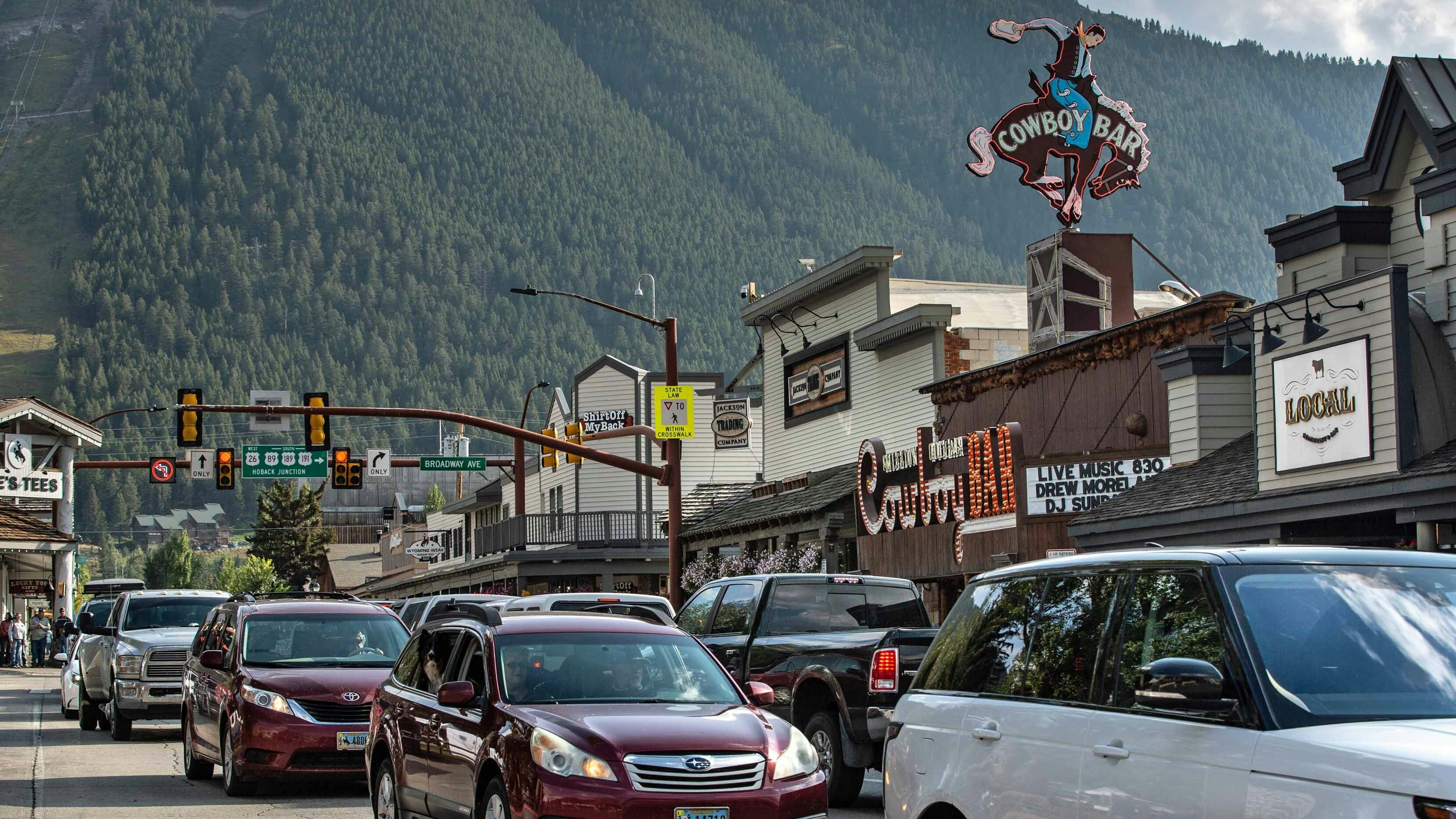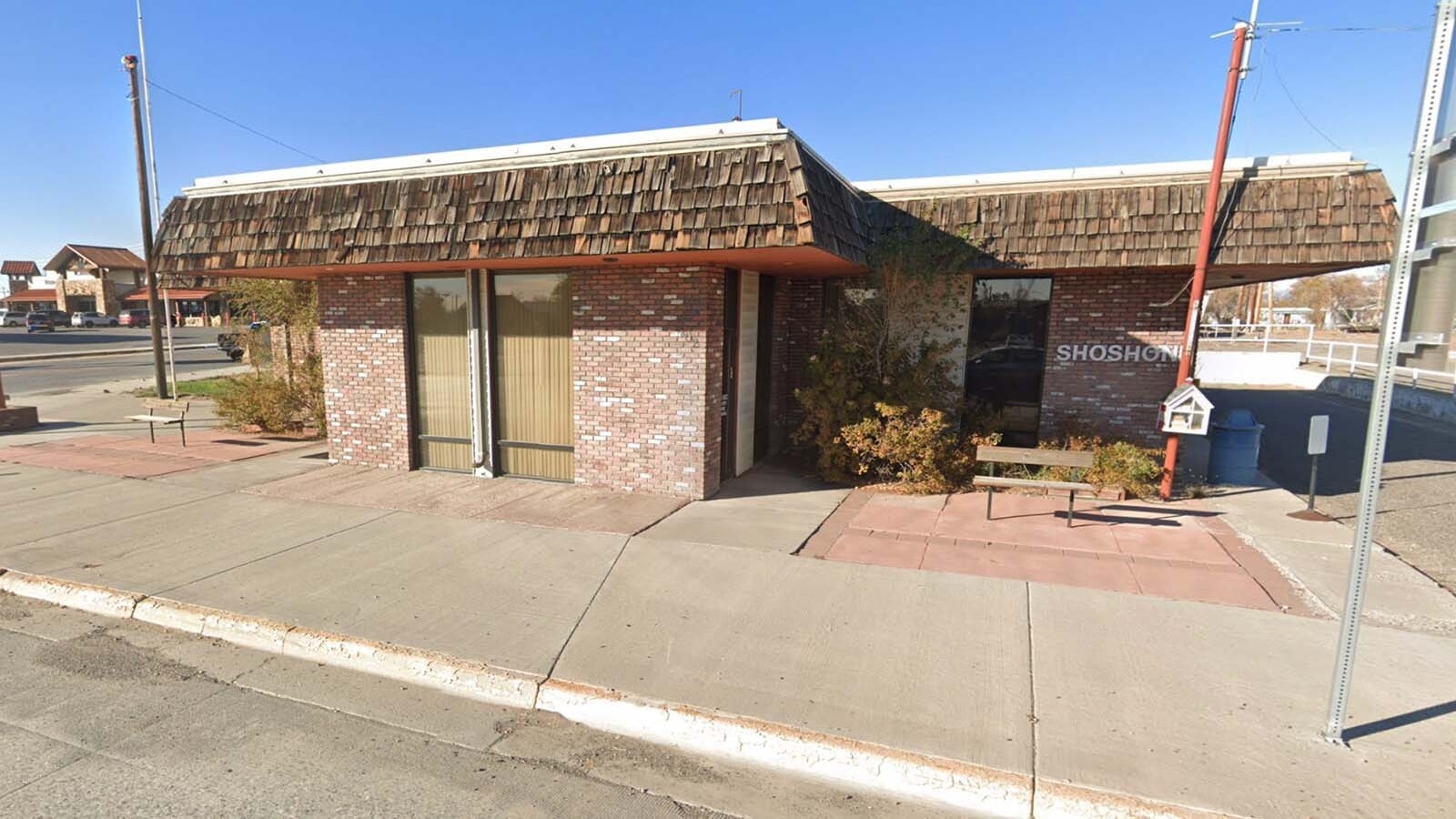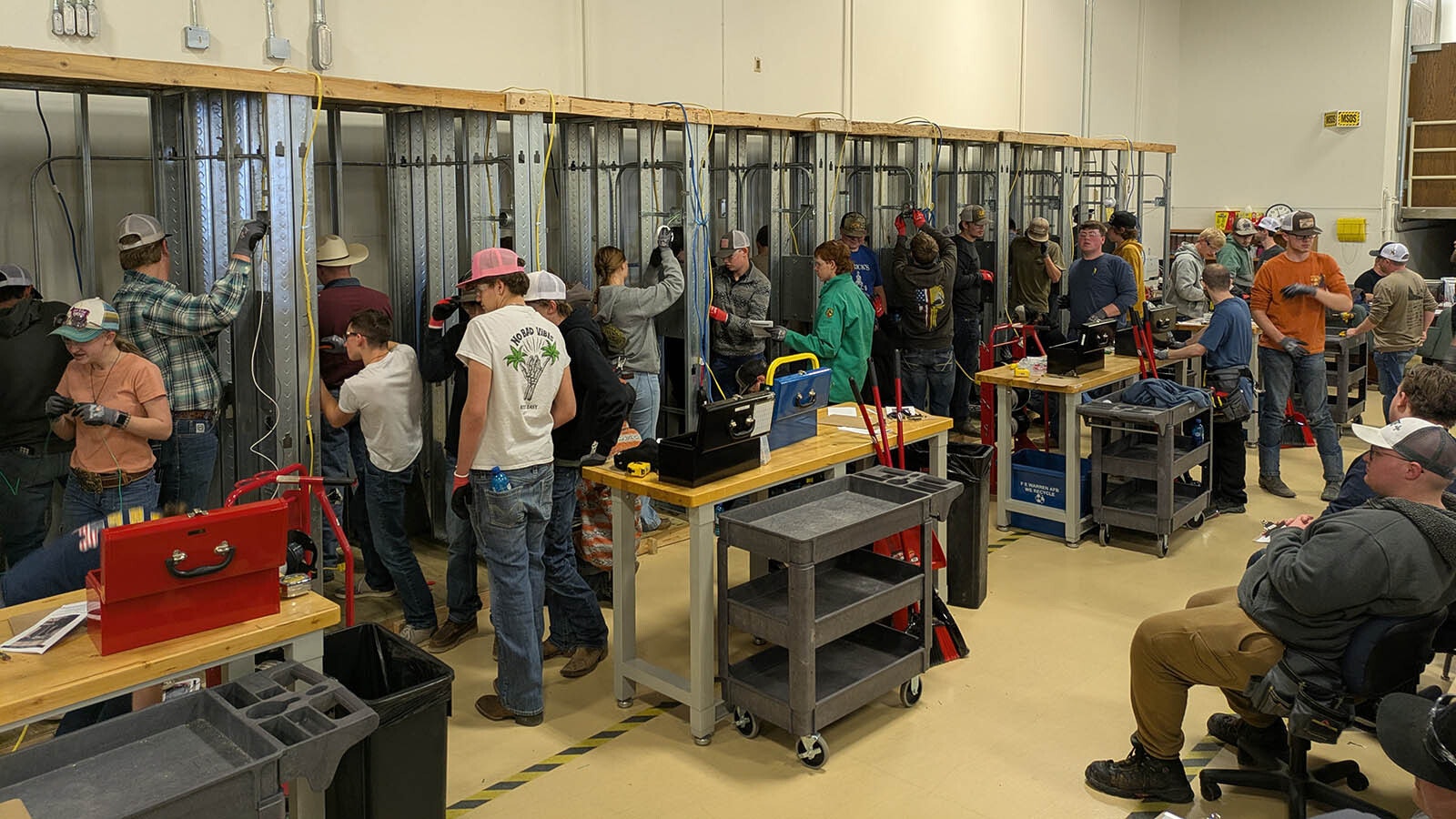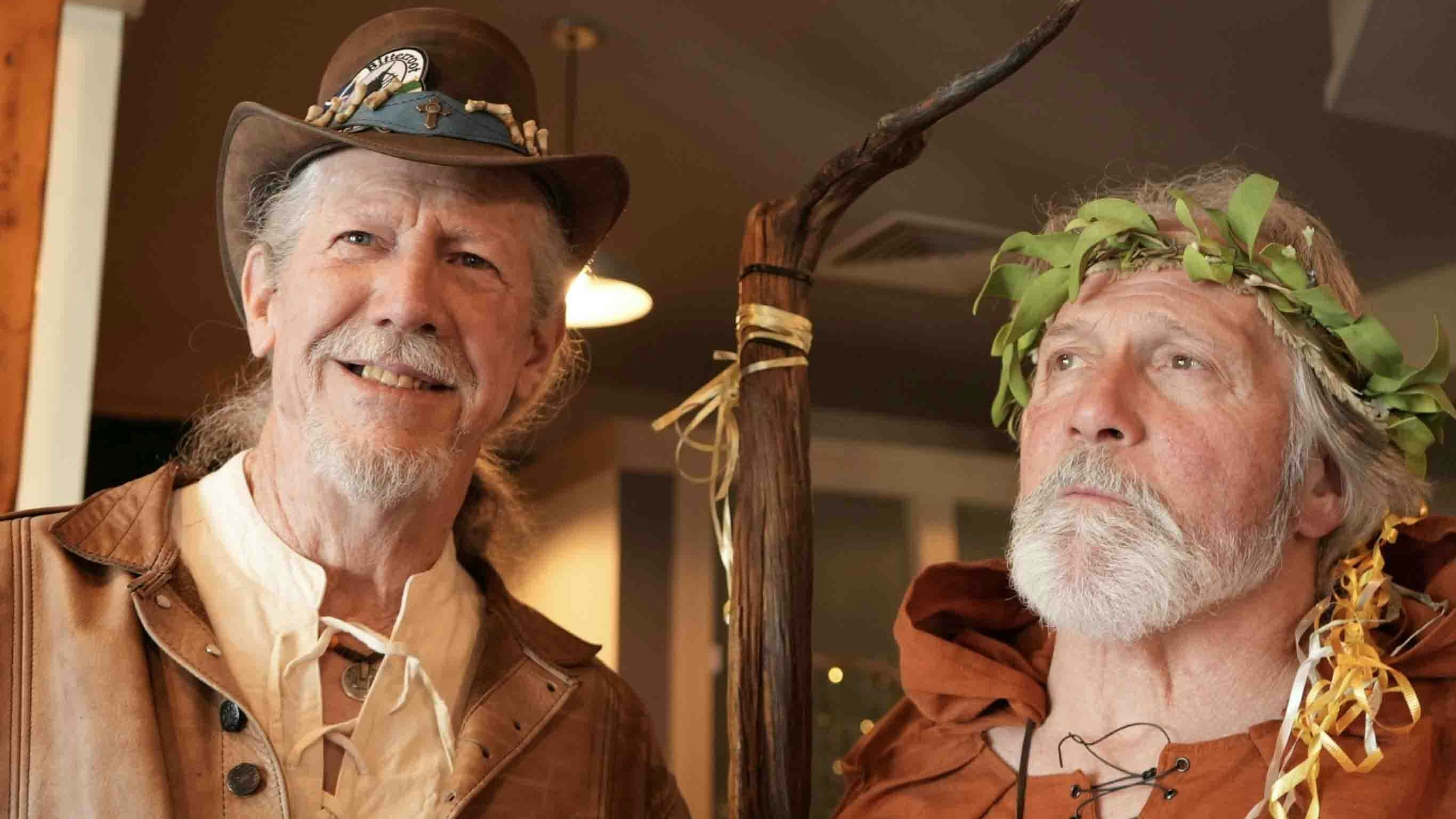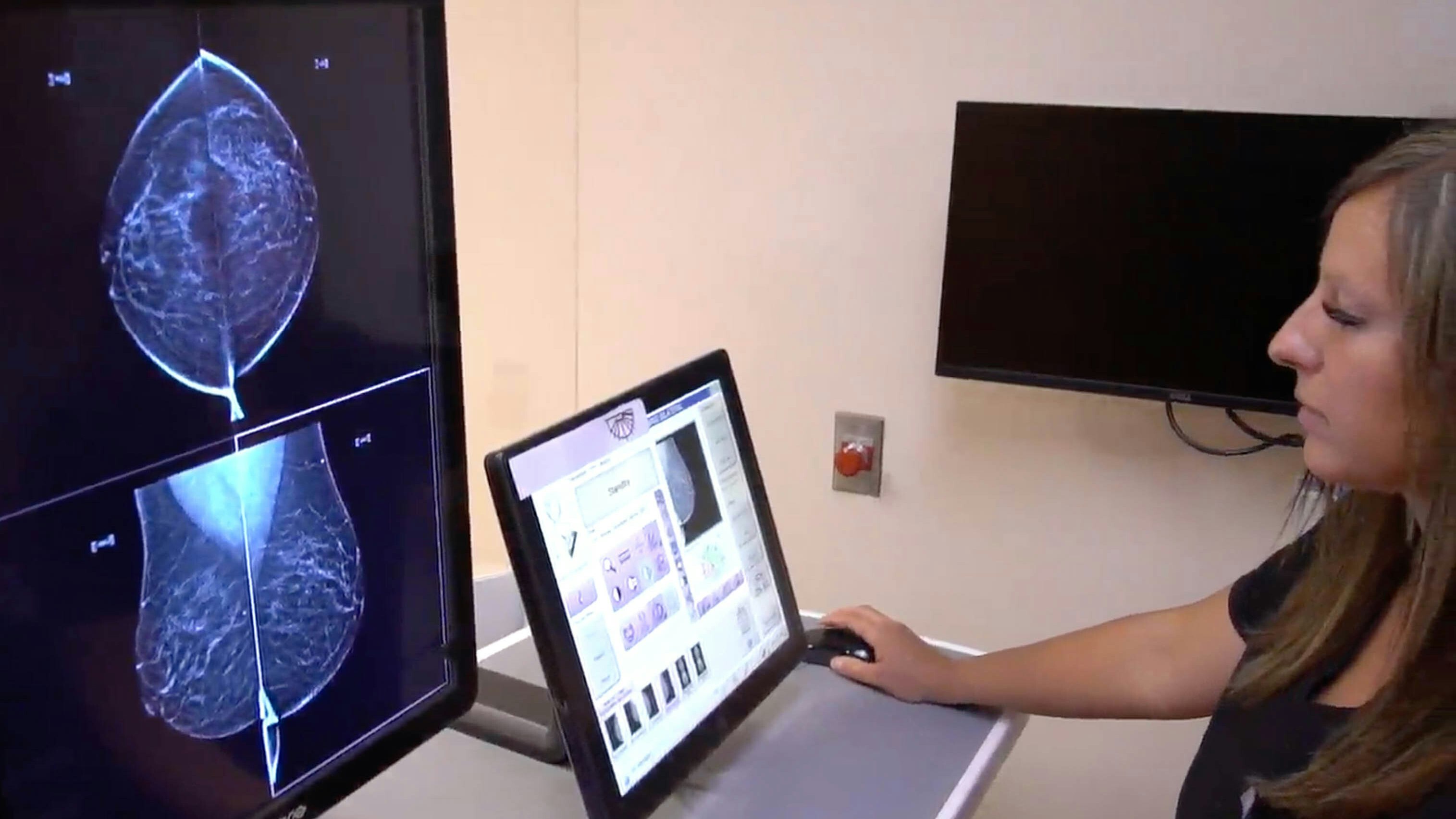No one disputes that Teton County has an affordable housing shortage. How to alleviate that housing shortage is a matter of long debate and various approaches.
On April 25th, the Town of Jackson and the Teton County Board of Commissioners announced that their Joint Housing Authority went under contract to buy 5 acres for $28 million using taxpayer funds and financing.
In their announcement they said they hope to build 150 to 250 deed restricted homes for local workers on those 5 acres within the Town of Jackson. A deed restriction is a legal document filed in the County’s property records, placing restrictions on the use or sale of property.
The deed restrictions for affordable housing limit appreciation for the purposes of keeping the housing affordable in future sales. Some deed restrictions also only allow occupancy at certain income levels and require employment by a local business.
A local landowner last year offered to donate 45 acres of free private land for affordable housing to Habitat for Humanity of the Tetons and the local Jackson Hole Community Housing Trust.
The Gills, fifth generation cattle ranchers with land adjacent to the Town boundary, said their land donation can help deliver 420 deed-restricted homes with no land costs to taxpayers. Their first Northern South Park Proposal, which included affordable housing, was in 2019. The proposed 45-acre donation was the latest effort to find an arrangement that pleases both the Teton County Commission and Jackson Town Council.
The Gills would also be allowed 180 market units. The unit numbers are a result of the County’s own planning process that set a ratio of 70 percent deed-restricted homes to 30 percent free-market homes.
Over the last year, the County has been reviewing that donation idea and creating regulations to govern the development of those free acres, holding recent workshops on the proposed land development regulations.
Vision Planning
Since 2020 the County has been working on its most recent vision for private lands in an area locals call Northern South Park adjacent to the southern boundary of Jackson. 2020 is the year that Teton County Commissioners hired consultants to plan the development of Northern South Park property owned by two ranching families, the Gills and Lockharts.
That planning effort came on the heels of the Commissioners denying a different proposal by the Gills for a housing development that would have resulted in 202 deed restricted homes and 110 market homes. Northern South Park itself consists of 225 acres that has been designated for new housing by Teton County’s own Comprehensive Plan for over a decade.
The long timeline for the vision and regulation writing is not sitting well with many advocates of housing in Northern South Park while they see families pulling up stakes and leaving the area every day because they can no longer afford to live in Jackson Hole.
It’s Complicated — Like Always
Housing in Jackson has always been complicated, of course. Nor are housing shortages there anything new.
“You know, we’re Jackson,” Teton County Commission Chairman Luther Probst told Cowboy State Daily. “We’re different in many ways.”
As Probst sees it, the big challenge with any would-be affordable housing project is that wealthy buyers can outbid the individuals for whom the homes were intended. That is why deed restrictions, instead of free market forces, have come into play in Jackson — along with all the unintended complications that kind of government interference can cause.
“Unless it’s deed-restricted, the new homes that are built will almost entirely be bought for second, third or fourth homes,” he said. “We’ll see wealthy retirees who move here, or highly compensated remote workers who relocate out of big cities and so on.”
Talking A Gift To Death
Those kinds of explanations, however, ring hollow to those in the nonprofit sector, who see the Gill’s offer of 45 acres for affordable housing as something of a miracle, and a generous one at that.
“(There are) people that don’t have housing and they’re looking at moving next month or the month after and making really hard decisions for their family and kids,” one nonprofit volunteer with knowledge of the situation told Cowboy State Daily on condition of anonymity. “All while people talk this to death and don’t do anything.”
Alden Wood, a new board member for Habitat for Humanity, said she knows of families sleeping in deplorable living conditions while city and county officials continue what feels to her and many other advocates as a lot of hair-splitting.
“Many (are) sleeping three or four to a bed,” she said in a letter to Teton County Commissioners. “They’re living with black mold, living with no heat, living in fear that their children won’t have a safe place to sleep next week.”
Meanwhile, as the merits of conveying 45 acres of land to Habitat for Humanity and the Housing Trust are debated, construction costs continue to escalate, as do real estate prices, which are forcing good people to “brokenheartedly leave the valley,” Wood wrote.
“My personal frustration lies in the fact that the Gills want to give 45 FREE acres of land to Habitat and the (Housing) Trust,” she continued. “Free land in Teton County.”
“How we are still dragging our feet on this project is beyond me. The Gill family could easily keep that land and sell it at market value. But they have decided to donate it.”
Wood said Habitat has proven time and time again that it is capable and efficient when it comes to creating housing in Jackson.
“Not only do we build housing, but our model allows people to put sweat equity to achieve the dream of owning a house,” she said. “Please trust in Habitat and the Housing Trust to get the job done — like they have many times before.”
Trust Not The Issue
Probst said the two nonprofits that the Gills named as co-developers to build the affordable and worker housing are good organizations, and he doesn’t doubt their good intentions at all.
But, he suggested, this is a much bigger project than either have tackled before.
“We can’t as a local government body just say, ‘Oh yeah, we’ll trust them. We’re looking at probably at a 20- to 30- to 40- to 50-year buildout. And things will change during that time.”
This is what Probst said has the county seeking a process to ensure that affordable and worker housing are built alongside the market housing.
“As an elected official, I just want to make sure that the workforce housing is going to be built concurrent with the market housing. I really trust their intentions. I also know that it’s very complicated and that, in real estate, things quite frequently, 30 years down the road, don’t turn out the way that we anticipated.”
Without some kind of guardrails, Probst said the county could wind up with a dramatic increase in density for market housing that doesn’t include the workforce housing that zoning the zoning was intended to help usher in.
“I don’t want to give a massive upzoning — a 428 percent increase in density — unless we know that 70 percent of that housing is going to be workforce.”
Questions About Virginian Lane
The local government’s own project is moving forward with a $28 million contract to purchase of a 5-acre parcel on Virginian Lane, currently an RV Park.
Teton County and the Town Council jointly announced the purchase last month, noting that at least 40 percent of Jackson Hole employees are commuting to work. This includes one-quarter of Town Police, School District Staff, and Fire/EMS employees as wells more than half of all Sheriff and Lower Valley Energy employees.
One reason that property has moved along faster, Probst told Cowboy State Daily is that it’s already zoned appropriately for the intended density of workforce and affordable housing.
“It already has sewer and water,” he added. “And the master plan for Northern South Park is currently agricultural land and it doesn’t have water or sewer or a road network. It’s also complicated, because there’s two landowners, and we don’t know how the access is going to work.”
Access to the property goes through the Lockhart property, Probst said, and he it’s uncertain he’s going to allow it.
“We don’t have an answer to that,” he said.
Cowboy State Daily has reached out to Kelly Lockhart ask for his perspective on the project. Lockhart said he would talk to family members about whether to share that publicly.
Virginian Park Plus Northern South Park Equals Success
The Virginian Lane property will be leased back to the current RV Park owner until it’s decided how to develop the parcel, Jackson Town Councilor Jessica Chambers told Cowboy State Daily. Officials have not announced how they will pay for the homes developed on the purchased 5 acres.
Chambers added that she believes the Northern South Park project is taking too long because it has too many people involved.
“At the end of the day, everyone has a ‘really good’ reason why NSP is not ready yet,” she said. “From the get-go, I said this was a process between the landowners and county commissioners. The best outcome would be found between those two parties, but we have a tendency to constantly go back to the public for community input, when the public elected us to make decisions for them.”
Jackson Councilor Jimbo Rooks, meanwhile, told Cowboy State Daily he agrees Northern South Park is taking too long. But he also views both properties as essential to solving Jackson’s housing issues, and he is pulling for them both.
Studies show Jackson Hole needs 2,000 more housing units, Rooks said.
“If you look at Northern South Park in combination with the Virginian RV property … we can literally accomplish that,” he said. “You know. Northern South Park, there’s a range of estimates but one of the leading proposals is that it’s 1,700 units, affordable units, that can be built there. And the conservative estimate on the Virginian RV Park would be 200 to 300 units.”
Running Out Of Patience
The speed of the Virginian Lane project’s purchase has miffed many advocates of Northern South Park, who fear the Gills may be running out of patience with the slow and meticulous process that they’ve faced the past four years in comparison.
In a letter sent ahead of a May 15 and May 22 workshop on the Northern South Park Project, the Gills told Teton County Commissioners that tying the buildout of market homes to the buildout of worker and affordable homes is a deal breaker, and hinted at some impatience with the process.
“It’s boiling down to a simple question of whether or not Teton County wants affordable housing for working people on free, private land donated to proven, community-based private nonprofit affordable housing developers,” the Gills wrote in the letter. “If the answer is ‘Yes,” then the County’s land development regulations should not be de facto barriers to the development of housing and your policy answers to questions on May 15 will be straightforward and reasonable.”
The Gill family added that years of planning studies later, the project they proposed to help with workforce housing appears no closer to having shovels in the dirt than when it was first proposed in 2019.
“The Gill’s donation of 45 acres would save the community hundreds of millions of taxpayer dollars from land acquisition elsewhere for affordable housing development,” the Gill’s letter goes on to state. “In fact, if you use your recent Virginian RV Park purchase price of $28 million as a comparable, the value to the community of the Gill’s 45-acre land donation is $252 million.”
That doesn’t include the housing construction costs involved with the project, which bring the total in philanthropic investment to more like $856 million, the Gills added.
“The math speaks for itself: Northern South Park is the answer if you want to make any meaningful headway toward the 2,000-unit goal,” the letter concluded. “With reasonable land development regulations, the Gill’s section of Northern South Park can deliver at least 420 affordable and workforce units with no land costs to taxpayers.”

